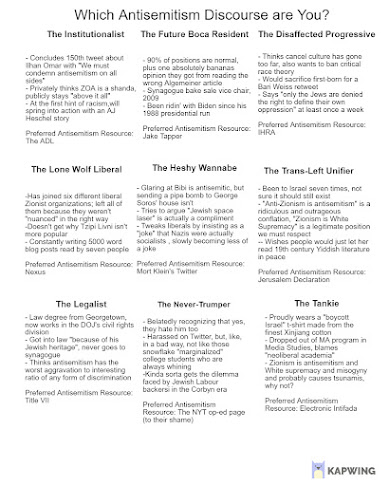A non-exhaustive list (though I, personally, am quite exhausted):
- Is Israel (or Palestine) more the "Ukraine" or more the "Russia"?
- Who is supporting Ukraine more, Israel or Palestine?
- Do the incipient boycott/sanctions efforts against Russia make it hypocritical to oppose BDS against Israel?
- Does the justified backlash against boycott/sanction overreach targeting ordinary Russians make it hypocritical to support BDS against Israel?
- Does praise for Ukrainian resistance against Russia's invasion make it hypocritical to oppose (which forms of?) Palestinian resistance against the Israeli occupation?
- Is Israel really supporting Ukraine, or really supporting Russia, or really staying neutral to serve as an "arbiter"?
- Is Ukraine inspired by Israel's example or furious at Israel's faint-heartedness?
- Is Israel offering asylum to Ukrainian Jewish refugees salutary or colonialist?
- Israel is more the "Russia" re: Palestine but historically has been more the "Ukraine" re: the rest of the Middle East; this entire stupid debate depends on the frame of reference.
- Don't know, and you can probably find cherry-picked evidence to support either claim.
- Not necessarily, but it does further weaken the "singles out" argument while also normalizing boycott-type activity as a non-extraordinary tool in the political activism toolkit.
- Yes, at least as far as the more over-reaching forms of boycott that target Israelis-qua-Israelis (e.g., the Moshava Philly incident), but not all forms of boycott activity are that sweeping (and are not being subjected to the backlash).
- Public opinion probably would be different if Ukraine's "resistance" took the form of firing rockets into Moscow, but at the very least the Ukraine example seemingly requires one to affirm that Palestinians have the right to military resistance against Israeli military targets.
- If I had to guess, I'd say Israel is trying to tip-toe around Russia (for reasons including but not limited to Russia's dangerous presence in Syria) and is using the "we have to preserve our ability to be a neutral arbiter" as an excuse to refrain from some more aggressive anti-Russia actions without publicly dissenting from their legitimacy. That said, the real answer is unknown, as the stories are constantly in flux on this and frankly Ukrainian public officials have more important things to do than be sure that international media outlets receive the most perfectly accurate impression about how earnest or not Israel's diplomatic efforts have been.
- Probably a bit of column A and a bit of column B, but again mostly they're not thinking about Israel at all and it's the height of vanity to assume otherwise.
- Salutary, full stop.

